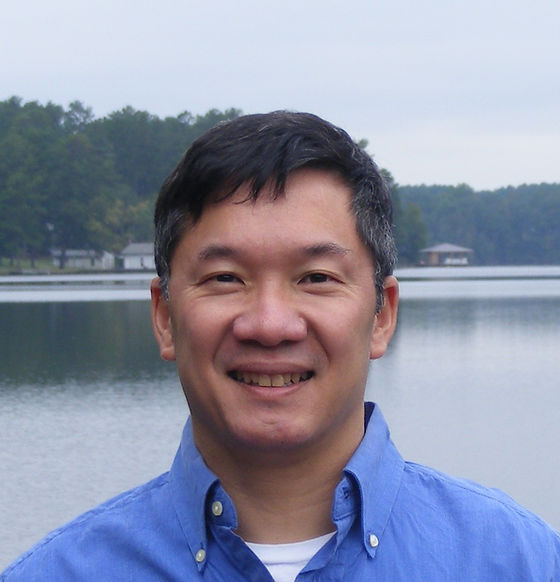
Who Do You Think You Are? An Interview with Dr. Allen Gee
Allen Gee’s short story “Who Do You Think You Are?” depicts some of the complex and often disappointing realities associated with family relationships. While it
Interviews

Allen Gee’s short story “Who Do You Think You Are?” depicts some of the complex and often disappointing realities associated with family relationships. While it
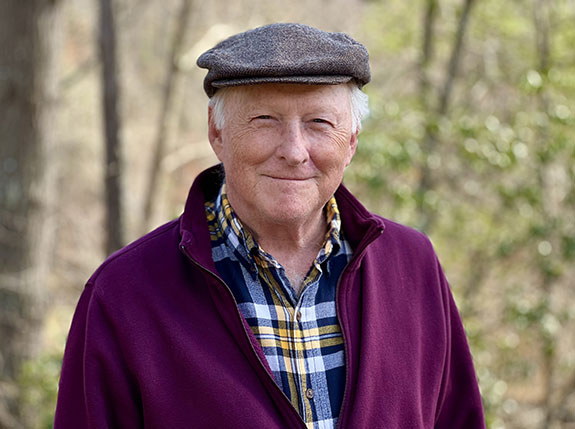
“All of the creations of the beloved republic are subject to destruction. Creativity is the fragile tip of the best in humanity.”
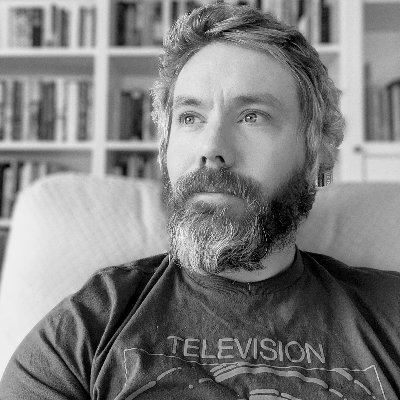
“…this is as close to assertion as I’ll get, is that getting better is about reading and writing more.”
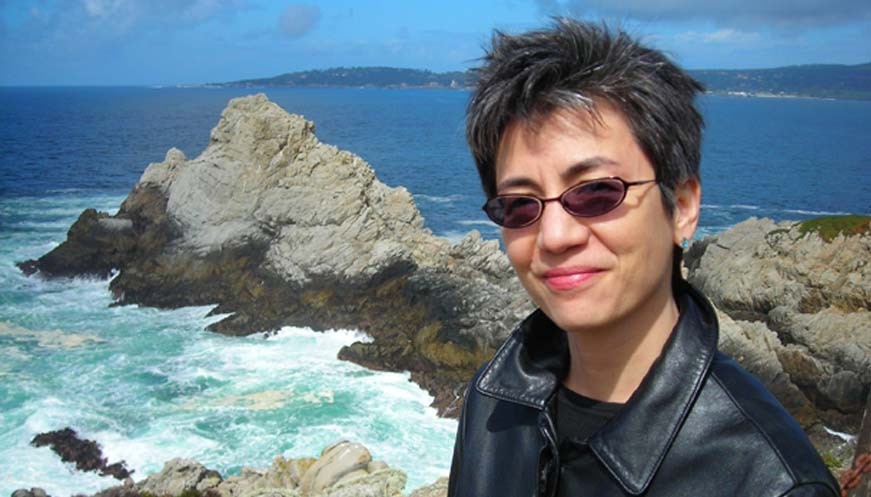
“I hope that my snippets of description do justice to the glowy things, that these are recognizable. I hope everyone finds humor in them.”
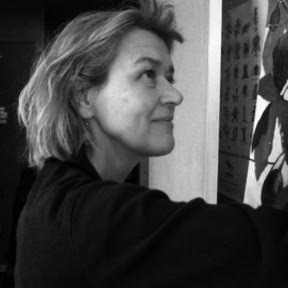
“Usually, at midpoint, a title emerges from the painting. That’s when I can fine-tune the surroundings to completion. There are many patches of colors from the underpainting that form a puzzle of images for me to find and develop.”
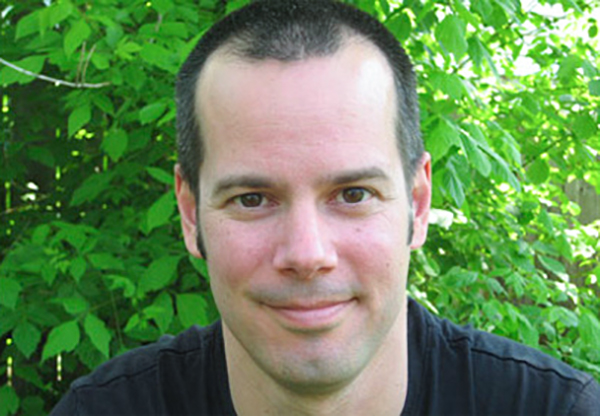
“I still believe in the transporting power of art, but experience has taught me that you get there—at least I get there—by fucking up and around.”
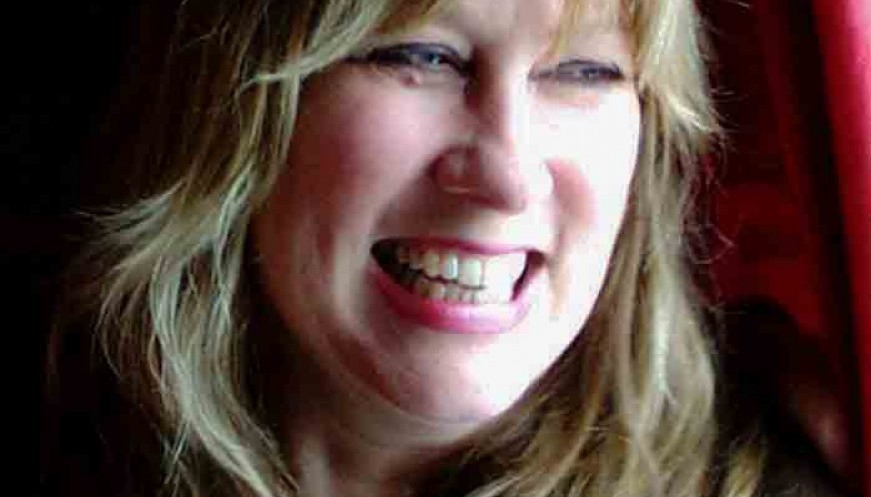
“ I grew up in a family whose motto might have been Deny all…Peeling back the layers, getting at the truth—these never felt like decisions, more like strategies to survive. Writing has functioned as a corrective, a counterpressure.”
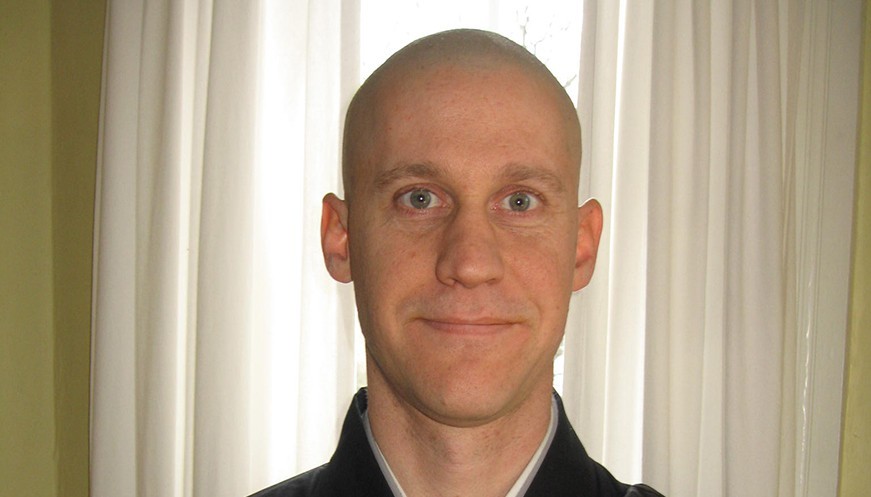
“In graduate school I mainly read and wrote realistic fiction, which was wonderful and exciting and rich. Over the next few years, though, I gradually began to give myself permission to write in modes other than realism.”
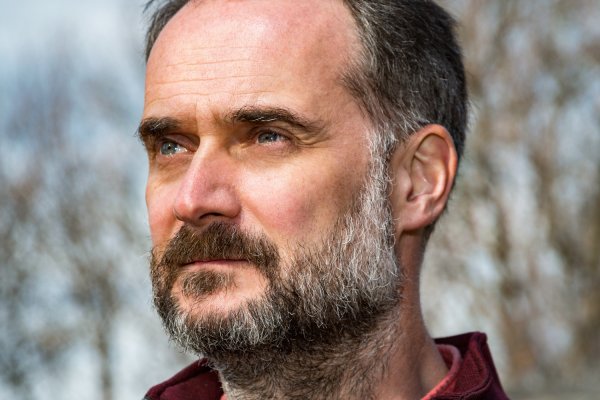
“As I teach students about birdsong, I invite the students into soundscape awareness exercises: small ‘laboratories’ in attentive listening.”
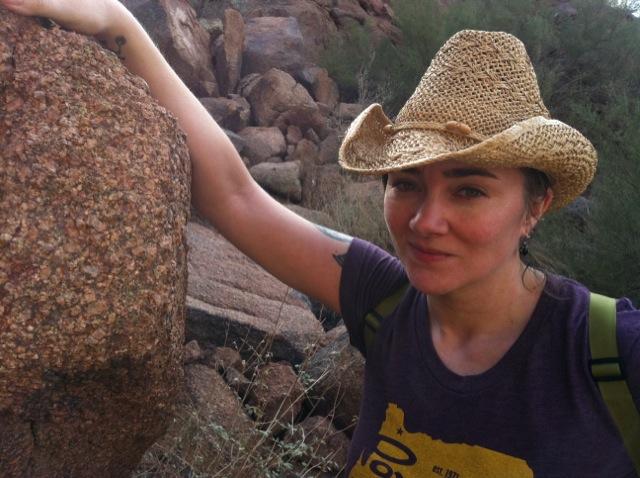
“Ultimately, we are each of us a bundle of messaging, and then we pack ourselves together with other bundles, all telegraphing our senses of selves out into the void, hoping to hear back a note or two of recognition.”

“Many of the memories I hold in my belly, or return to over and over, are subtle ones. Small, but significant. Mundane, but profound.”
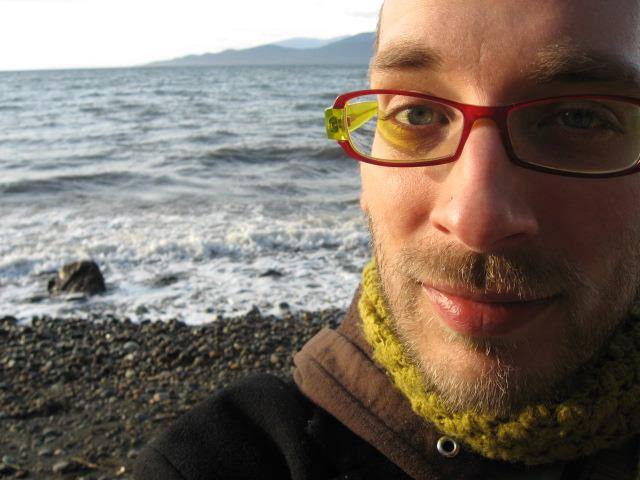
“I’m a big fan of versatility, and queer is a very useful word. For me, queerness is just another term for otherness: identifying with the outsider, identifying with those aspects of ourselves which make us unique, which give us individuality and perspective.”
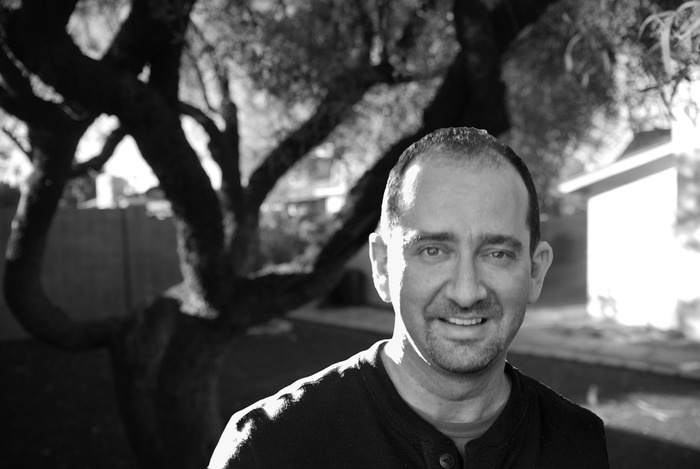
“So, one interesting thing about me is that I was the first male to be out as gay while working for the ESPN network.”
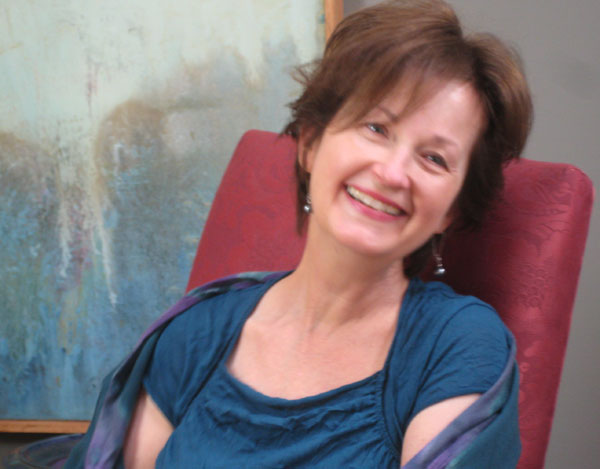
“I believe that writers must trust what is given to them. ‘Riches that might seem plain?’ I like that idea.
news & events
contests
Zone 3 Press sponsored two book competitions: The Zone 3 Press First Book Award in Poetry and The Zone 3 Press Creative Nonfiction Book Award. Winners received $1,000 and publication of their book, as well as an invitation to give a joint reading at Austin Peay State University with the contest judge. These contests are currently on hiatus.
Zone 3 Press publications are made available from the Zone 3 Store and your favorite booksellers.
Interviews

Allen Gee’s short story “Who Do You Think You Are?” depicts some of the complex and often disappointing realities associated with family relationships. While it

“All of the creations of the beloved republic are subject to destruction. Creativity is the fragile tip of the best in humanity.”

“…this is as close to assertion as I’ll get, is that getting better is about reading and writing more.”

“I hope that my snippets of description do justice to the glowy things, that these are recognizable. I hope everyone finds humor in them.”

“Usually, at midpoint, a title emerges from the painting. That’s when I can fine-tune the surroundings to completion. There are many patches of colors from the underpainting that form a puzzle of images for me to find and develop.”

“I still believe in the transporting power of art, but experience has taught me that you get there—at least I get there—by fucking up and around.”

“ I grew up in a family whose motto might have been Deny all…Peeling back the layers, getting at the truth—these never felt like decisions, more like strategies to survive. Writing has functioned as a corrective, a counterpressure.”

“In graduate school I mainly read and wrote realistic fiction, which was wonderful and exciting and rich. Over the next few years, though, I gradually began to give myself permission to write in modes other than realism.”

“As I teach students about birdsong, I invite the students into soundscape awareness exercises: small ‘laboratories’ in attentive listening.”

“Ultimately, we are each of us a bundle of messaging, and then we pack ourselves together with other bundles, all telegraphing our senses of selves out into the void, hoping to hear back a note or two of recognition.”

“Many of the memories I hold in my belly, or return to over and over, are subtle ones. Small, but significant. Mundane, but profound.”

“I’m a big fan of versatility, and queer is a very useful word. For me, queerness is just another term for otherness: identifying with the outsider, identifying with those aspects of ourselves which make us unique, which give us individuality and perspective.”

“So, one interesting thing about me is that I was the first male to be out as gay while working for the ESPN network.”

“I believe that writers must trust what is given to them. ‘Riches that might seem plain?’ I like that idea.
Interviews

Allen Gee’s short story “Who Do You Think You Are?” depicts some of the complex and often disappointing realities associated with family relationships. While it

“All of the creations of the beloved republic are subject to destruction. Creativity is the fragile tip of the best in humanity.”

“…this is as close to assertion as I’ll get, is that getting better is about reading and writing more.”

“I hope that my snippets of description do justice to the glowy things, that these are recognizable. I hope everyone finds humor in them.”

“Usually, at midpoint, a title emerges from the painting. That’s when I can fine-tune the surroundings to completion. There are many patches of colors from the underpainting that form a puzzle of images for me to find and develop.”

“I still believe in the transporting power of art, but experience has taught me that you get there—at least I get there—by fucking up and around.”

“ I grew up in a family whose motto might have been Deny all…Peeling back the layers, getting at the truth—these never felt like decisions, more like strategies to survive. Writing has functioned as a corrective, a counterpressure.”

“In graduate school I mainly read and wrote realistic fiction, which was wonderful and exciting and rich. Over the next few years, though, I gradually began to give myself permission to write in modes other than realism.”

“As I teach students about birdsong, I invite the students into soundscape awareness exercises: small ‘laboratories’ in attentive listening.”

“Ultimately, we are each of us a bundle of messaging, and then we pack ourselves together with other bundles, all telegraphing our senses of selves out into the void, hoping to hear back a note or two of recognition.”

“Many of the memories I hold in my belly, or return to over and over, are subtle ones. Small, but significant. Mundane, but profound.”

“I’m a big fan of versatility, and queer is a very useful word. For me, queerness is just another term for otherness: identifying with the outsider, identifying with those aspects of ourselves which make us unique, which give us individuality and perspective.”

“So, one interesting thing about me is that I was the first male to be out as gay while working for the ESPN network.”

“I believe that writers must trust what is given to them. ‘Riches that might seem plain?’ I like that idea.